Actor William Hartnell felt trapped by a succession of hard-man roles while wannabe producer Verity Lambert was frustrated by the TV industry's glass ceiling. Both of them were to find unlikely hope and unexpected challenges in the form of a Saturday tea-time drama. Allied with a team of unusual but brilliant people, they went on to create the longest running science fiction series ever made.
Related Movies

Vitória (2025)
Nina is an elderly woman who lives alone and feels distressed by the increasing violence in her neighborhood. Amidst conflicts with her neighbors, she decides to film the movement of drug traffickers from her window, hoping to assist the police. After months of recording suspicious activities, her initiative attracts the attention of a journalist, who approaches Nina and offers to support her in her mission.

Walk the Line (2005)
A chronicle of country music legend Johnny Cash's life, from his early days on an Arkansas cotton farm to his rise to fame with Sun Records in Memphis, where he recorded alongside Elvis Presley, Jerry Lee Lewis and Carl Perkins.
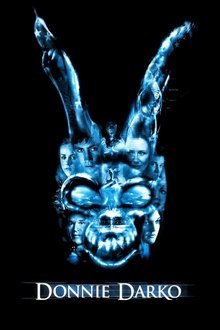
Donnie Darko (2001)
After narrowly escaping a bizarre accident, a troubled teenager is plagued by visions of a large bunny rabbit that manipulates him to commit a series of crimes.
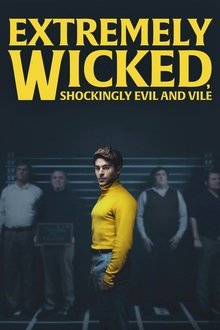
Extremely Wicked, Shockingly Evil and Vile (2019)
A chronicle of the crimes of Ted Bundy, from the perspective of his longtime girlfriend, Elizabeth Kloepfer, who refused to believe the truth about him for years.
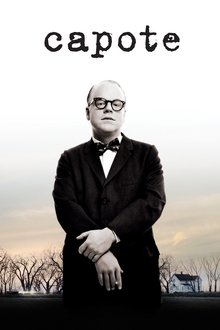
Capote (2005)
A biopic of writer Truman Capote and his assignment for The New Yorker to write the non-fiction book "In Cold Blood".
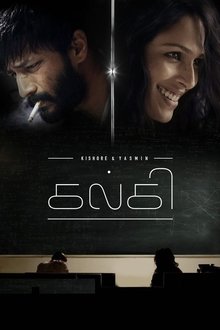
Kalki (2018)
A scientist trying to solve one of the universe's greatest puzzles begins a romance with a much younger colleague that's haunted by a dark secret.

Apparitions at Fatima (1991)
A docudrama about the apparitions of the Virgin Mary at Fatima, Portugal.
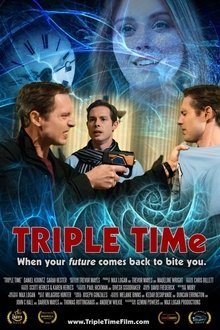
TRIPLE TIMe (2017)
A theoretical physicist discovers his life is in danger when he comes home to find two future versions of himself.
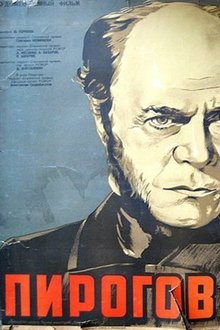
Pirogov (1947)
A biopic based on the life of Russian scientist and doctor Nikolai Ivanovich Pirogov (1810-1881), famous for being the founder of field surgery.

Gunjan Saxena: The Kargil Girl (2020)
Inspired by the life of a fearless young officer who made history by becoming the first Indian female Air Force officer to fly in a combat zone during the 1999 Kargil War

The First Time I Never Met You (2024)
John, a grieving scientist inadvertently rewinds time and finds himself at his very first date with his late wife, Esmé. But can he win over the woman who fell for the man that John no longer is?
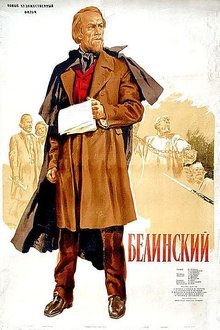
Belinsky (1953)
A biopic based on the life of Russian literary critic Vissarion Belinsky (1811–1848). The production of the film was completed in 1951, but it was not released until 1953, following the reshooting of various scenes demanded by Stalin.
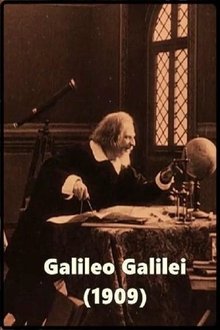
Galileo Galilei (1909)
Scientist Galileo Galilei was engaged in his studies, but a servant of his attempts to seduce his daughter, and denounces Galilei to the Holy Office.

Brighton (2025)
Brighton is a delightful short film capturing the joy of family, travel, and living in the moment. Sanjay, a funny and vibrant personality, decides to take his sisters, Kirshma and Rita, on a memorable trip to Brighton, a lively seaside resort in the United Kingdom. Traveling from Aldershot, the trio embarks on their adventure, filled with laughter, conversations, and excitement. Once in Brighton, they immerse themselves in the fun-filled atmosphere, exploring the iconic beachfront, enjoying the lively promenade, and creating memories they'll cherish forever. Set against the backdrop of Brighton's rich history, dating back to the Bronze Age and Roman times, the film reflects on the beauty of life's journey. It serves as a reminder to savor every moment, as life is an endless adventure waiting to be enjoyed. Brighton is a heartwarming story about family bonds, the joy of exploration, and the timeless charm of one of England's most beloved seaside destinations.
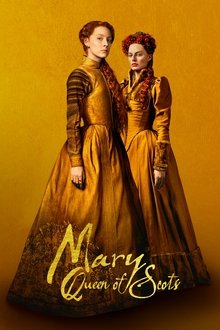
Mary Queen of Scots (2018)
In 1561, Mary Stuart, widow of the King of France, returns to Scotland, reclaims her rightful throne and menaces the future of Queen Elizabeth I as ruler of England, because she has a legitimate claim to the English throne. Betrayals, rebellions, conspiracies and their own life choices imperil both Queens. They experience the bitter cost of power, until their tragic fate is finally fulfilled.
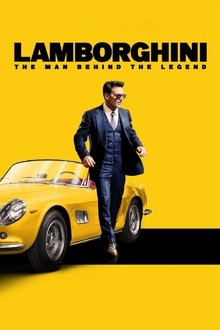
Lamborghini: The Man Behind the Legend (2022)
Follow the launch of Lamborghini’s career as a manufacturer of tractors, a creator of military vehicles during World War II, and the designer of Lamborghini cars, which he launched in 1963 as the high-end sports car company Automobili Lamborghini.
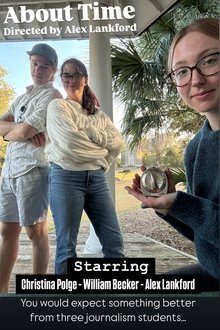
About Time (2025)
In a not-so-faraway future, two friends discover they have been prepping for a doomsday that has already happened.

Basquiat (1996)
The brief life of Jean Michel Basquiat, a world renowned New York street artist struggling with fame, drugs and his identity.
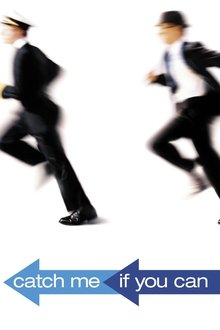
Catch Me If You Can (2002)
A true story about Frank Abagnale Jr. who, before his 19th birthday, successfully conned millions of dollars worth of checks as a Pan Am pilot, doctor, and legal prosecutor. An FBI agent makes it his mission to put him behind bars. But Frank not only eludes capture, he revels in the pursuit.
